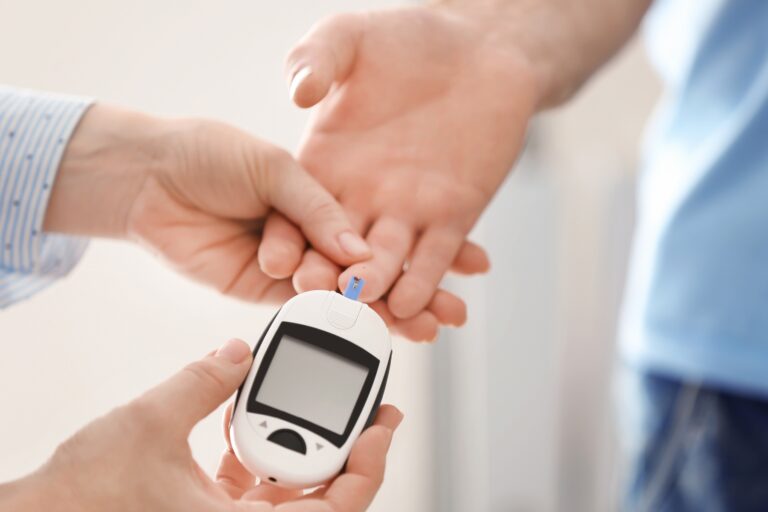Takeaway packaging is suspect
People who cook at home have lower levels of potentially harmful chemicals in their blood, and items used to package and prepare restaurant and takeaway meals may be to blame.
PFAS, short for perfluoroalkyl and polyfluoroalkyl substances, are a widely used group of chemicals that are resistant to heat and don’t easily degrade. Therefore, they are used in non-stick cookware, stain-resistant or water-resistant fabrics, and firefighting foams.
They are now also found in soils, waterways, and animals, and studies of US adults and children have found these synthetic chemicals in the bloodstreams of 97 to 100 percent of the population.
Diet is thought to be a key factor in how they end up in the body, prompting Laurel Schaider at the Silent Spring Institute in Massachusetts to investigate the effect of eating habits on PFAS levels in blood.
Schaider and her colleagues analyzed data from more than 10,000 participants in the US National Health and Nutrition Examination Survey from 2003 to 2014. Participants provided blood samples, as well as detailed information on where their food came from in the past 24 hours, week, month and year.
PFAS were detected in three out of every four samples taken over the course of the study. Concentrations were lower in people who ate more meals at home, and higher among those who ate out or ate more fast food.

For every 1000 kilocalories of food eaten from non-restaurant sources each day, the concentration of PFAS dropped by up to five per cent. The levels of PFAS were up to five per cent higher for every 100 kilocalories of microwave popcorn eaten daily. The chemicals from the grease-proof packaging had probably leached into the food, says Schaider.
It is unclear what the long-term effects of PFAS exposure are because the survey only asks about recent dietary habits, and some of these chemicals can stay in the body for years.
There is some evidence to suggest that PFAS exposure may cause cancer and weight gain, and affect fertility, child development, and the immune system.
“Although the science on health effects is still evolving, scientists are increasingly concerned about low-dose exposures, as they continue to find health effects at lower and lower levels,” says Schaider.
Schaider says that banning PFAS in food packaging, as Denmark announced it would do this year, will reduce exposure to these chemicals among people and in the environment.




